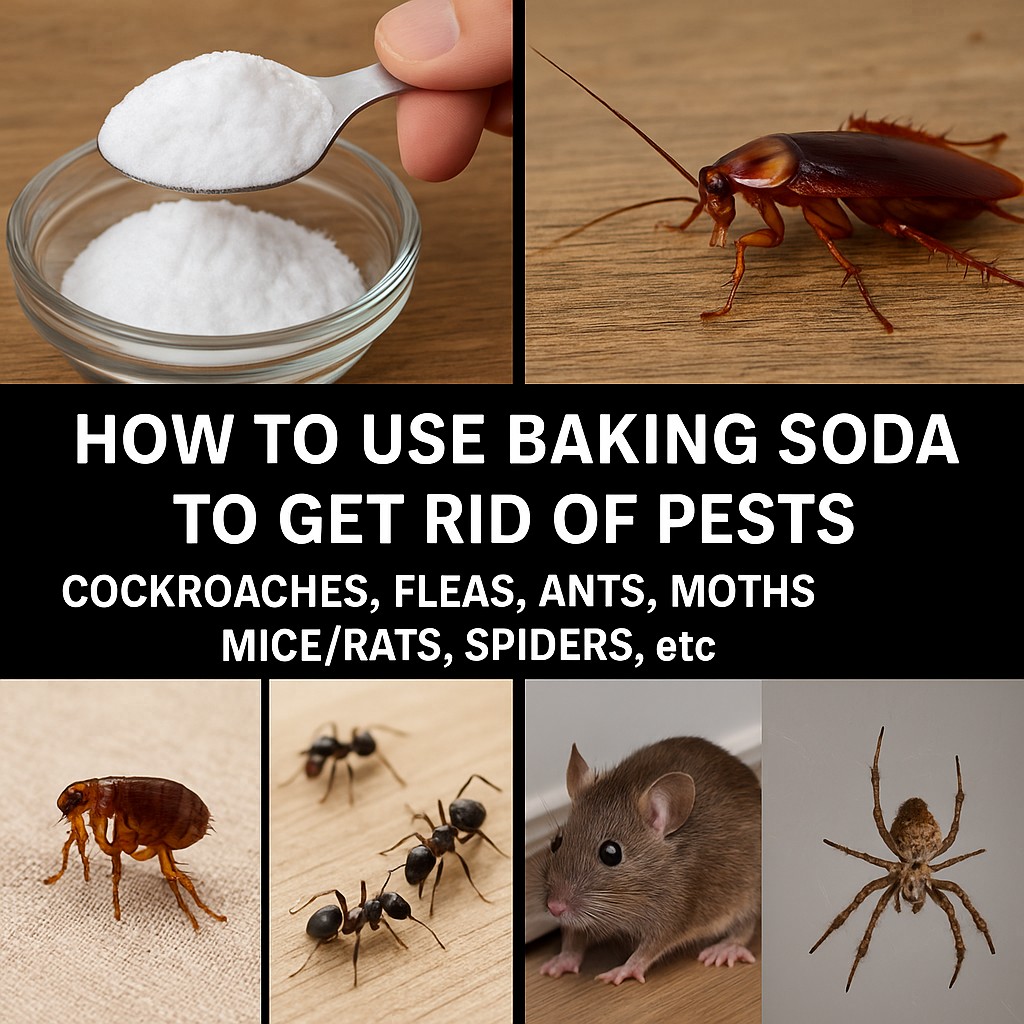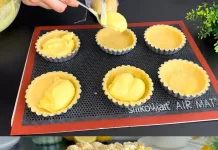
Dealing with insects, bugs, and pests invading your home can be frustrating. While commercial pesticides are readily available, they often contain chemicals that may not be ideal for your health or the environment. Fortunately, there are natural, effective, and eco-friendly solutions you can prepare at home to combat these unwelcome visitors. This guide will walk you through a simple homemade pest control spray and explore other natural remedies to keep your living spaces pest-free.
Homemade Clove and Baking Soda Pest Spray
A straightforward and effective natural remedy involves common household ingredients: cloves, baking soda, bay leaf, and water. This combination creates a spray that deters various pests without harmful chemicals.
Ingredients:
- 1 tablespoon of cloves
- 3 tablespoons of baking soda
- 1 bay leaf
- 2 cups of waterEcoWatch+4HiCare+4Healthline+4Beaumont Enterprise
Instructions:
- Boil the water in a saucepan.
- Add the cloves and bay leaf to the boiling water.
- Let the mixture simmer for 10 minutes to infuse the water with the natural oils.
- Remove from heat and allow it to cool.
- Strain the mixture to remove solid particles.
- Add the baking soda to the cooled liquid and stir until dissolved.
- Pour the solution into a spray bottle.
Usage:
Spray the solution in areas where pests are commonly found, such as kitchen corners, window sills, and doorways. The scent of cloves and bay leaf acts as a natural repellent, while baking soda helps neutralize odors that attract pests.
Additional Natural Pest Control Methods
Beyond the clove and baking soda spray, several other natural remedies can help keep your home free from pests.
1. Essential Oils
Certain essential oils are known for their pest-repelling properties:
- Peppermint Oil: Effective against ants, spiders, and mosquitoes. Mix 10-15 drops with water in a spray bottle and apply to affected areas.EcoWatch
- Lavender Oil: Repels moths, fleas, and flies. Place sachets of dried lavender or cotton balls with a few drops of oil in closets and drawers.
- Lemon Eucalyptus Oil: Recognized by the CDC as an effective mosquito repellent.
2. Vinegar Solutions
White vinegar can deter ants and fruit flies. Mix equal parts of vinegar and water in a spray bottle and apply to surfaces where pests are present.
3. Diatomaceous Earth
This natural powder is harmless to humans and pets but lethal to insects. Sprinkle food-grade diatomaceous earth around baseboards, under appliances, and in other pest-prone areas.
4. Citrus Peels
The scent of citrus repels spiders and ants. Place lemon or orange peels near entry points and windowsills.
5. Coffee Grounds
Used coffee grounds can deter ants, slugs, and snails. Spread them around garden beds or entry points to your home.The Sun
Preventative Measures
In addition to natural repellents, maintaining a clean and unwelcoming environment for pests is crucial:
- Seal Entry Points: Inspect and repair cracks, gaps, and holes in walls, windows, and doors.
- Proper Food Storage: Keep food in sealed containers and clean up spills promptly.
- Regular Cleaning: Vacuum and mop floors regularly to remove crumbs and potential food sources.
- Manage Waste: Dispose of garbage regularly and use bins with tight-fitting lids.
- Eliminate Standing Water: Fix leaky faucets and avoid leaving water in sinks or trays, as stagnant water attracts mosquitoes.
Conclusion
Embracing natural remedies for pest control not only protects your health and the environment but also offers cost-effective solutions to common household problems. By utilizing ingredients like cloves, baking soda, essential oils, and maintaining cleanliness, you can create a hostile environment for pests and enjoy a more comfortable living space.



